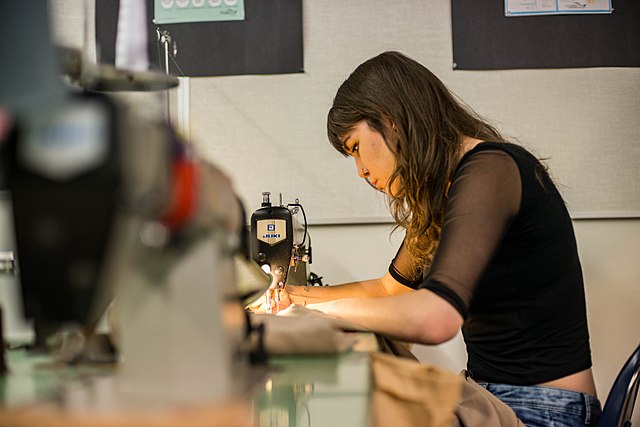Green bud. Cannabis. Weed. Killer Weed. Marijuana. At the federal level, none of it’s been legalized in any nation — as of today.
But as for tomorrow, only Uruguay will tell.
Home to a population of just over three million, the South American republic is poised to become the first country to legalize the cultivation, sale and consumption of marijuana.
Designed to take the sting out of rampant cartel violence in the region, legalization, if successful, “will be Uruguay’s contribution to humanity,” President Jose Mujica told the Agence France-Presse.
After receiving the approval of the Chamber of Deputies, the proposed bill to legalize marijuana will be debated for a final time in the Senate.
President Jose Mujica told CNN he would sign the bill into law if it passes through Senate, despite the recent CIFRA/Gonzalez, Raga and Associates poll indicating that 63 percent of Uruguayans disapprove of the bill.
If it passes, the bill would place Uruguay at the forefront of leftist drug policy, overshadowing even The Netherlands, where law enforcers tolerate recreational drug use.
“In my opinion, people who are going to do it are going to do it anyway,” said Teresa Rinaldi, visiting assistant professor of Spanish. “I like the policy of The Netherlands, which permits open marijuana consumption at coffee shops, for example.”
Although agreeing with legalization in principle, Rinaldi, born and raised in Argentina, foresees unfavorable consequences in the case of Uruguay.
“Legalizing marijuana would be like legalizing drug trafficking,” she said. “And guess where the lion’s share of their illegal drugs ends up? The U.S.”
Others agree with Mujica that Uruguay will reap much more than cannabis leaves by legalizing pot.
“It will definitely have a positive impact on (Uruguay’s) overall economy and the standard of living for those who grow it,” said Kirtan Desai, former human marijuana researcher at Harvard University, in an email interview. “The government will tax and regulate production, which means more revenue and less cartel exploitation on cannabis farms.”
Medical professionals hold that the risk of widespread substance abuse saps the argument for potential economic gain.
“Uruguay’s decision to legalize marijuana would be tragic,” Norm Farrar, supervisor of Hawaii Island Recovery — a drug addiction treatment center — told The Guilfordian in a phone interview.
“There has been a lot of research, and we think it’s going to lead to a lot of other issues.”
Dr. Sam Gray, a physician with Drug Free NC, highlighted one imminent threat to adolescent well-being in Uruguay.
“People don’t realize that marijuana has an even more severe effect on the adolescent brain and behavior,” Gray told The Guilfordian in a phone interview. “When adolescents see more adults (in possession of marijuana), they’re going to think it’s okay to use, too.”
While Uruguay is currently the frontrunner on the path to legalization, some identify with Desai’s view that “a similar trend will emerge in other governing agencies around the world.”
To discover how Guilford and the U.S. fit in with this trend, check in with The Guilfordian next Friday, Sept. 20.













dave britten • Sep 19, 2013 at 5:02 pm
Prohibition has killed thousands.
Take out profit and you get rid of the cartels.
Just look at bootleggers of alcohol in the U.S.
Who runs alcohol?
No one.
The only people who don’t want it are those making MONEY on the prohibition.
for profit prisons comes to mind.
How can someone sleep at night knowing they ruined countless lives for stinking money…Despicable.
Ian O. Stolz • Sep 13, 2013 at 9:10 pm
This is an excellent article and I’ve found myself considering all the points made. The argument that adolescents will wish to partake in Cannabis consumption because of seeing Parent/s, Older Siblings, and/or Friends partaking in Cannabis consumption is a very good point.
The one thing I know from my time living on this Earth is that Education is the key to important issues, and telling your kids the truth, that Cannabis can lower your IQ permanantly for ages under 18, is probably the best policy.
It’s also important that kids, and adults alike, understand how Cannabis operates inside the human body, and emphasis should be placed on people who “don’t need” Cannabis to not consume it.
But kids will be naughty, as they always have been, and will try doing things that they’re told not to. However, if kids have been educated, this minute change in mentality towards Cannabis may be enough to stop them becoming regular “habitual” users at an early age.